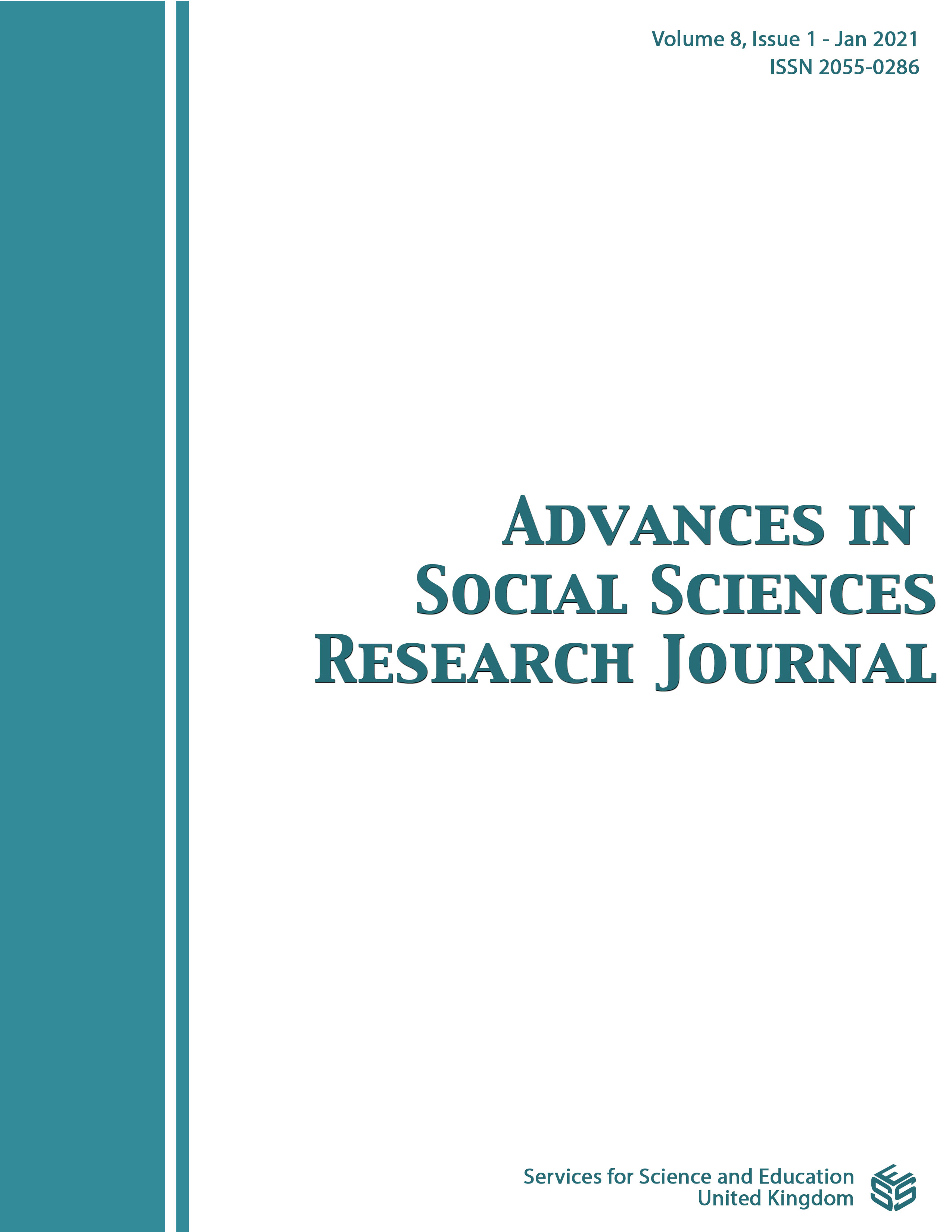A Critical Study on Entrepreneur's Perception on SME's Opportunities and Challenges: Case of Oman
DOI:
https://doi.org/10.14738/assrj.81.9630Keywords:
SME Oman, entrepreneurship in Oman, perception of Omani entrepreneurAbstract
Entrepreneurship and small and medium business enterprises play a huge role in job creation and economic development. This has led both developing and developed countries to focus on supporting the SME sector in an effort to ensure that they play a significant role in spurring innovation, rapid job creation, increasing long-term productivity, along with gross domestic product (GDP) growth. Nonetheless, there has been limited literature that has focused on the challenges and opportunities of entrepreneurship specifically from the perspective of entrepreneurs. Hence, the purpose of this research is to critically evaluate the entrepreneur's perception on SME’s opportunities and challenges with a case of Sultanate of Oman. The research objectives are: i) To identify the opportunities and challenges that might occur in SMEs; ii) to investigate on the local entrepreneur business contributions to Oman economy; iii) to plan for a mitigation strategy to overcome challenges faced by SMEs; and iv) to identify key elements which we can improve and promote a diversified economy promoting non-oil sectors. This research utilized a descriptive, exploratory research approach in an effort to get quantifiable data. The data collection instruments were in-depth interviews and questionnaires. There were 70 respondents for questionnaires and five respondents for interviews. The findings of the study indicate that some of the challenges include lack of capital, mismanagement of cash flow, high risk, multiple tasks, and adherence to corporate laws. The mitigating strategies include entrepreneurial empowerment programs, government support, and favorable legal obligations.
Downloads
Published
How to Cite
Issue
Section
License
Authors wishing to include figures, tables, or text passages that have already been published elsewhere are required to obtain permission from the copyright owner(s) for both the print and online format and to include evidence that such permission has been granted when submitting their papers. Any material received without such evidence will be assumed to originate from the authors.






